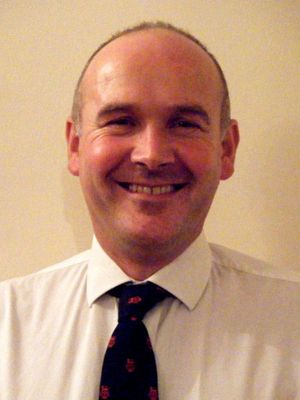Almost all whom God has used in revival are quick to point out that unusual phenomena are merely incidental to the great work of God.
One writer in The Life of Faith for January 1905 concluded: ‘It is possible to be occupied too exclusively with the mere incidents of the movement — deeply impressive, thrilling, and important as they are’.
R. B. Jones commented that the sensational provides ‘copy’ for the journalist, but the more vital things are of little interest to him.
The reason for this caution is the danger of men taking over from God. Humphrey Jones is a sad example of this; his revival ministry came to an end after his claim to special revelations from God.
The weakest part of the ministry of Evan Roberts was the freedom he gave to the meetings and the lack of preaching in them. Fortunately other men, like R. B. Jones, were well aware of the need for the converts to be taught from the Word of God and it was their ministry that saved the 1904 revival in Wales from greater losses once the fire had passed.
A great danger to the cause of the gospel at any time, but particularly in revival, are those who, in the words of Jonathan Edwards, ‘mistake fancy for faith, and imagination for revelation’.
On the other hand, we may well expect that in a time of increased activity by the Holy Spirit, when the minds of men and women are filled with eternity and absorbed with God, there will also be an increase in these unusual things.
However, though some would wish it to the contrary, if we put all the recorded revivals together, we shall find that these ‘phenomena’, or unusual things, make up a very small part of the whole.
To allow revival to run on without any check from Scripture is a dangerous thing. Evan Roberts was so concerned not to meddle with the work of the Spirit that he allowed meetings largely to run themselves.
The weakness of this is seen in the fact that a greater number of ‘converts’ appear to have fallen away in the few years following the 1904 revival than in any other revival for which we have such records. The centrality of preaching is a sound curb to excess and error and is, after all, one thing God has clearly committed to his church.
We are never interfering in the work of the Spirit by insisting on a place for the sermon.











